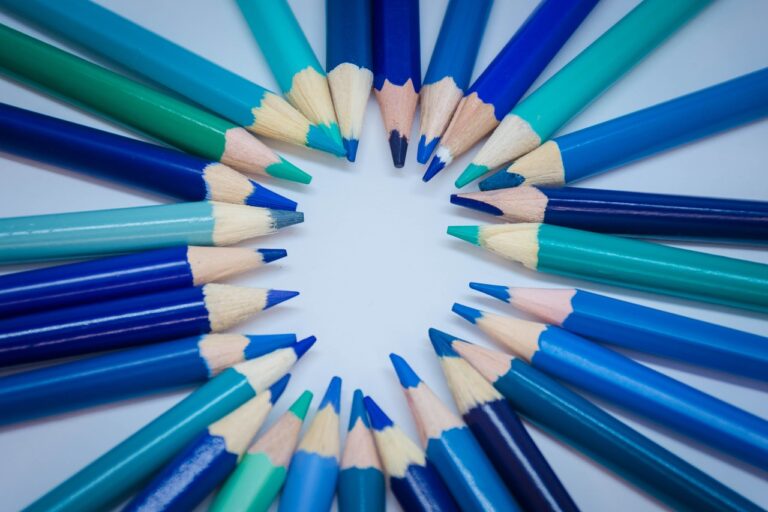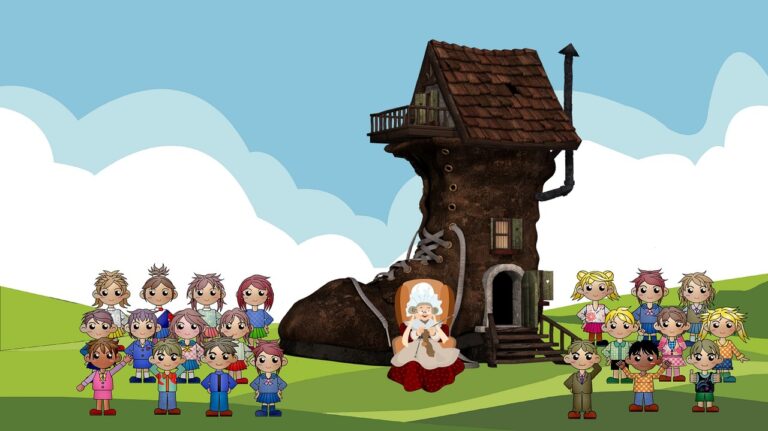E-Learning for Sustainable Fisheries: Marine Conservation and Aquaculture Education
sky247.net login, 11 x play game, playexch 99 login: In today’s world, the importance of sustainable fisheries and marine conservation cannot be understated. With our oceans facing increasing threats from overfishing, pollution, and climate change, it is crucial for us to educate and empower individuals in the field of aquaculture to help ensure the long-term health and stability of our marine ecosystems.
E-Learning has emerged as a powerful tool for providing education and training in a flexible and accessible manner. With the ability to reach a wide audience regardless of location, e-learning has the potential to revolutionize the way we educate and train individuals in the field of sustainable fisheries and marine conservation.
Here are some of the key benefits of using e-learning for marine conservation and aquaculture education:
Flexibility: E-Learning allows individuals to access course materials and resources at their own convenience. This flexibility is particularly valuable for individuals who may be working full-time or have other commitments that make traditional classroom-based learning difficult.
Accessibility: With e-learning, individuals from all around the world can access high-quality education and training in marine conservation and aquaculture. This helps to break down geographic barriers and ensure that knowledge and skills are shared on a global scale.
Cost-effective: E-Learning is often more cost-effective than traditional classroom-based learning, as it eliminates the need for travel, accommodation, and other expenses associated with attending in-person courses or workshops.
Interactive learning: E-Learning platforms can incorporate multimedia elements, interactive quizzes, and other engaging features to enhance the learning experience. This helps to keep learners motivated and actively engaged in their studies.
Real-world applications: E-Learning courses can be designed to provide practical, hands-on experience in areas such as aquaculture techniques, marine conservation practices, and sustainable fisheries management. This allows learners to apply their knowledge directly to real-world situations.
Collaborative learning: E-Learning platforms can facilitate collaboration and knowledge sharing among learners, instructors, and industry professionals. This creates a dynamic and interactive learning environment that fosters creativity and innovation.
In conclusion, e-learning offers a powerful and effective solution for providing education and training in sustainable fisheries and marine conservation. By leveraging the benefits of e-learning, we can empower individuals to make a positive impact on the health and sustainability of our oceans.
FAQs:
Q: Are e-learning courses in marine conservation and aquaculture recognized by industry professionals?
A: Many e-learning courses in these fields are developed in collaboration with industry experts and are recognized by employers in the field.
Q: Can I earn certifications or qualifications through e-learning courses in marine conservation and aquaculture?
A: Yes, many e-learning courses offer certifications or qualifications upon successful completion of the program.
Q: How can I get started with e-learning in marine conservation and aquaculture?
A: Simply search online for e-learning platforms or institutions that offer courses in these fields and enroll in a program that aligns with your interests and goals.







